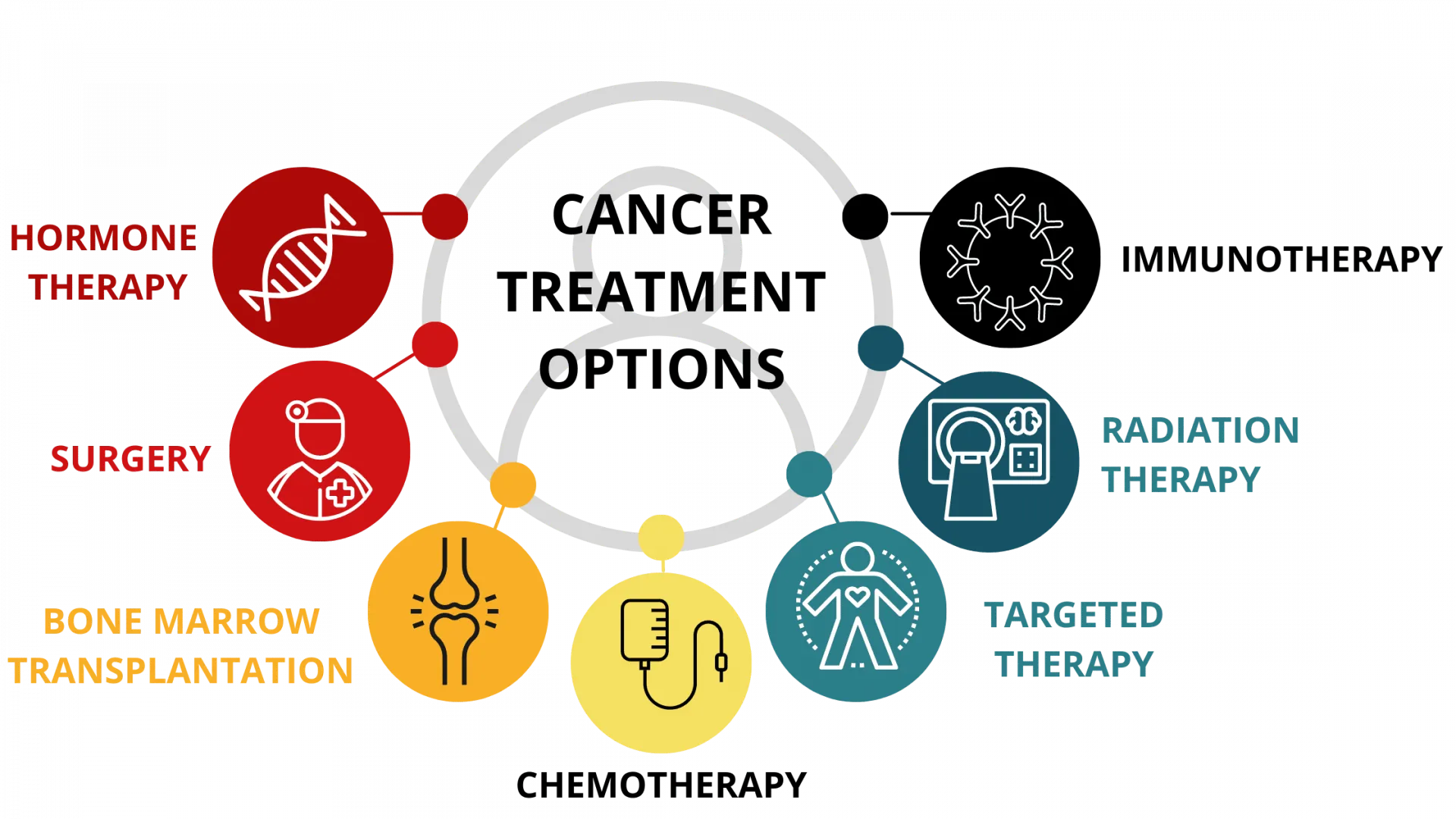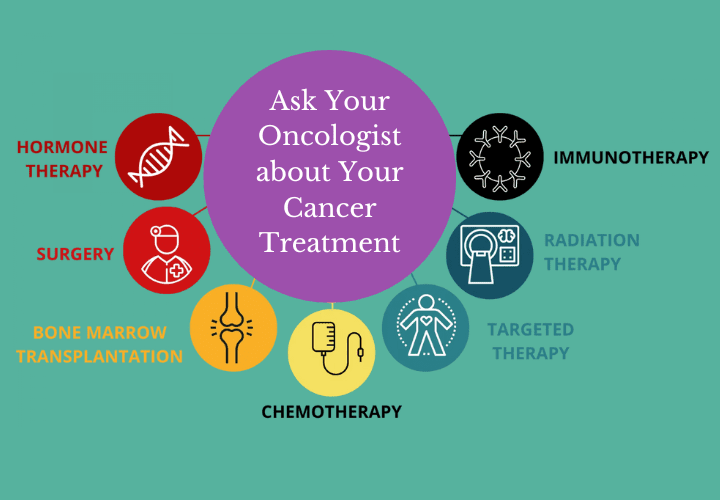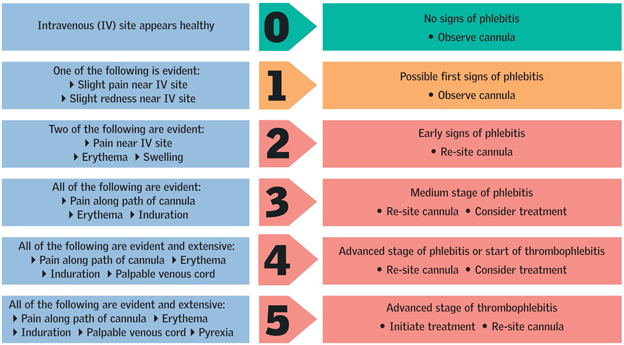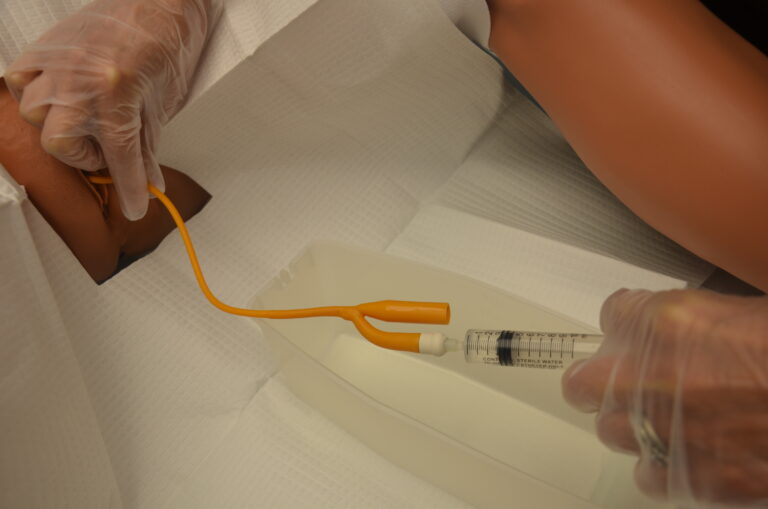Cancer Treatment: NMC OSCE UK
Cancer Treatment: NMC OSCE UK

Cancer treatment is a critical area of nursing practice, and it is an important component of the Nursing and Midwifery Council’s (NMC) Objective Structured Clinical Examination (OSCE) in the UK. This guide will help you understand the key aspects of cancer treatment that are assessed in the NMC OSCE and how to prepare effectively.
Understanding Cancer Treatment
Cancer treatment involves various modalities, including surgery, chemotherapy, radiation therapy, immunotherapy, and targeted therapy. Each treatment has specific indications, side effects, and nursing care requirements. Nurses play a vital role in administering these treatments, managing side effects, and providing emotional support to patients and their families.
Importance of Evidence-Based Practice in Cancer Treatment
The NMC OSCE assesses the clinical competence of nurses and midwives who wish to practice in the UK. The inclusion of cancer treatment scenarios in the OSCE highlights the importance of evidence-based practice in delivering safe and effective care. The 2024 updates to the OSCE introduce new scenarios and marking criteria that emphasize the need for precision, patient-centered care, and adherence to best practices
Key Components of Cancer Treatment in NMC OSCE
- Assessment
- Patient History: Gather comprehensive patient history, including type and stage of cancer, previous treatments, and current symptoms.
- Physical Examination: Conduct a thorough physical examination to assess the patient’s overall condition and identify any complications.
- Planning
- Care Plan Development: Develop a personalized care plan based on the patient’s needs, treatment goals, and preferences. Include interventions for managing side effects and promoting quality of life.
- Multidisciplinary Approach: Collaborate with oncologists, pharmacists, dietitians, and other healthcare professionals to ensure a holistic approach to care.
- Implementation
- Administering Treatments: Safely administer chemotherapy, radiation therapy, or other prescribed treatments. Follow protocols to minimize risks and manage side effects.
- Patient Education: Educate patients and their families about the treatment process, potential side effects, and self-care strategies.
- Evaluation
- Monitoring and Documentation: Regularly monitor the patient’s response to treatment and document any changes in their condition. Adjust the care plan as needed based on the patient’s progress and feedback.
- Supportive Care: Provide ongoing emotional and psychological support to patients and their families. Address any concerns and ensure they have access to necessary resources.
Tips for Success in the NMC OSCE
- Practice Regularly: Familiarize yourself with the steps and practice performing cancer treatment scenarios to build confidence and competence.
- Stay Calm and Methodical: During the OSCE, stay calm and follow the steps methodically to ensure accuracy.
- Communicate Clearly: Explain the procedure to the patient, address any concerns, and provide aftercare instructions.
Conclusion
Cancer treatment is a vital area of nursing practice that requires a thorough understanding of various treatment modalities and their implications. By mastering the key components of the treatment and adhering to evidence-based practices, you can provide high-quality care to your patients and succeed in the NMC OSCE. Good luck with your preparation!






